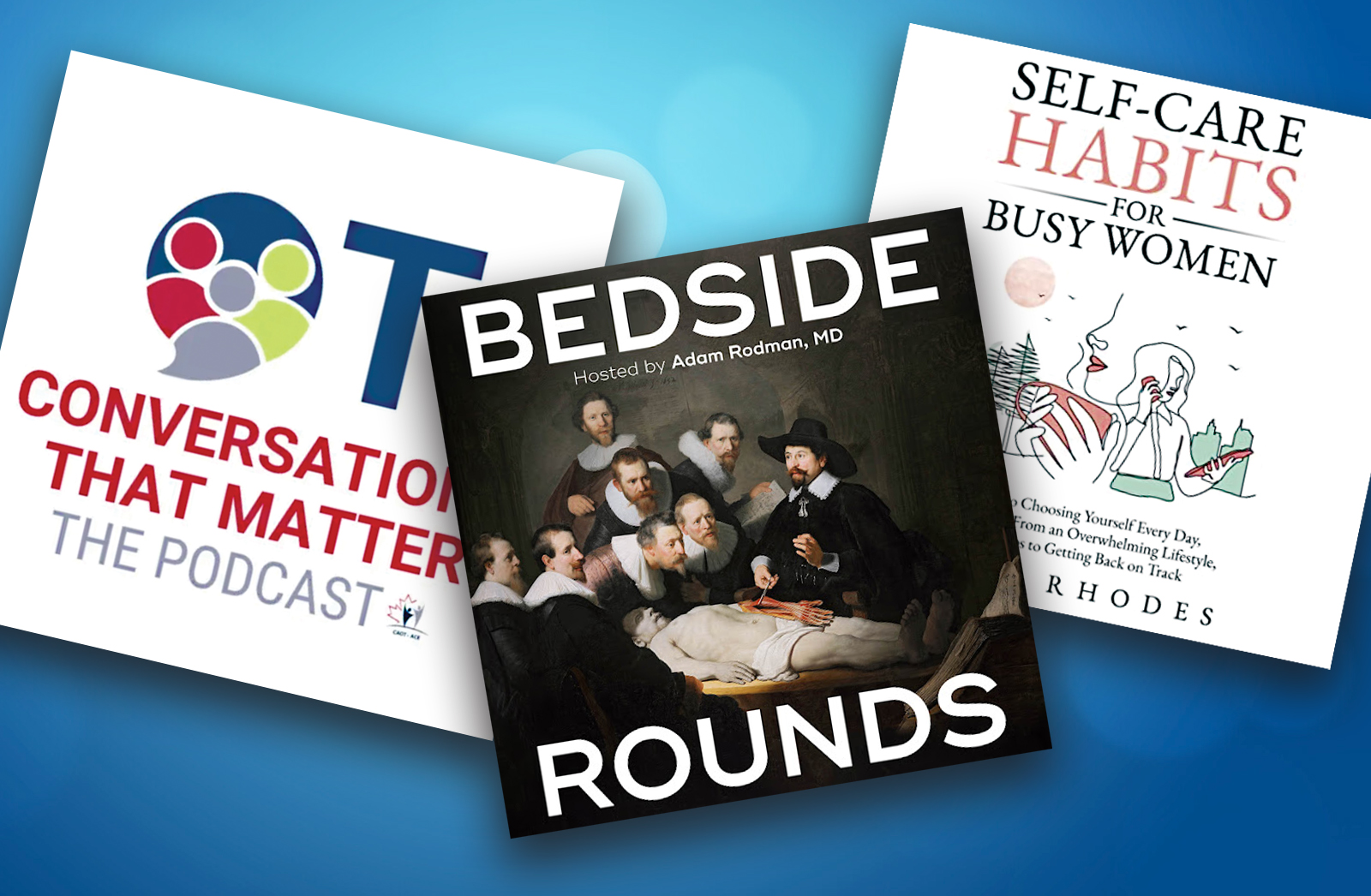Parasite found in cat poop linked to higher brain cancer risk in humans
Exposure to Toxoplasma gondii, which reproduces in cats and most often spreads to humans through raw meat, may increase the risk of brain cancer. The researchers found a link between the presence of
T. gondii antibodies in people’s blood, indicating previous exposure to the parasite, and the development of glioma, the most common type of brain cancer, several years later.
International Journal of Cancer
Half a million strong
Over 500,000 people from over 5,000 communities in Canada have now been trained in Mental Health First Aid, (MHFA). Like conventional first aid, which teaches people how to intervene in a physical health emergency, MHFA gives training tools and confidence to support someone who may be experiencing a mental health crisis. With virtual training able to hurdle geographic barriers, trainers have been able to successfully rethink ways in which they can connect with participants over the screen to make sure everyone feels comfortable.
mhfa.ca
CBD from marijuana doesn’t impair driving
Using low-dose CBD may not impair how well you drive, but other strains of cannabis could affect your performance differently, according to a new Dutch study. Strains rich with THC, the chemical that produces marijuana’s “high,” cause driving impairment up to four hours after vaping, but strains that contain CBD (cannabidiol) and no THC do not.
Journal of the American Medical Association
$21 million in cannabis research
CIHR and its partners have invested $19.3 million to support researchers who will explore the potential therapeutic benefits and harms associated with cannabis use in areas such as cancer, pain, neurodevelopment and Indigenous Peoples’ health. An additional $2.45 million from the Canadian Centre on Substance Use and Addiction is going towards evaluating the public health and public safety impacts of different provincial or territorial policies related to cannabis. These investments are part of CIHR’s Integrated Cannabis Research Strategy (ICRS), which provides a well-coordinated series of activities that position Canada as a leader in supporting the advancement and translation of scientific knowledge on cannabis.
Canada.ca
New tool for Osteoarthritis patients
A new online tool teaches patients how to best manage hip and knee symptoms and improve mobility. Using the latest scientific evidence put together by experts and McMaster University, a series of short, interactive lessons share must-have information and invite participants to meet Cynthia and Joe and learn what changes they made to improve the quality
of their lives.
mcmasteroptimalaging.org/e-learning
Alarming ripple effect in cancer care
Before the pandemic it was estimated that more than 225,000 Canadians would be diagnosed with cancer in 2020, yet a Metrika survey reports that didn’t happen. Aside from an up to 25% reduction in some cancers, delays in limited therapeutic options and access to clinical trials led to mental health impacts being felt by 72% of pre-diagnosed patients and caregivers. The study also showed 14% of people avoided visiting the ER, 10% avoiding hospital cancer care and a further 13% even hesitated to book their appointments.
Canadian Cancer Survivor Network
2-3 billion with latent TB
Infectious disease specialists have long suspected tuberculosis (TB) bacteria’s ability to remain dormant, sometimes for decades, and behave based on its past stress experiences. TB kills about
1.5 million people a year, but with estimates of 2-3 billion worldwide infected with the latent
form and risk reactivation if they get immunocompromised, the WHO predicts an enormous global problem in the offing.
Rice University and NJMS














